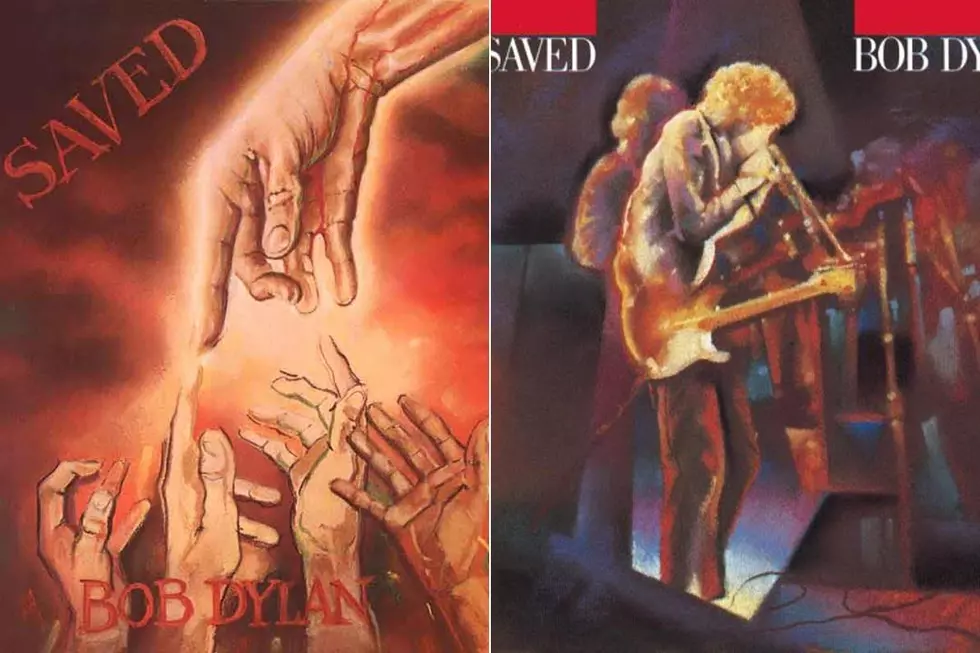
How ‘Saved’ Became Bob Dylan’s Most Listenable Born-Again Album
Bob Dylan’s 1979 album Slow Train Coming surprised everybody by declaring that he had become a born-again Christian. Many suspected that it was just another of his unpredictable left turns, but he nonetheless double-downed with its follow-up, Saved, which arrived on June 23, 1980.
As with its predecessor, Saved was recorded at the Muscle Shoals Sound Studio with Atlantic Records founder Jerry Wexler and Barry Beckett, keyboardist with the Muscle Shoals rhythm section the Swampers.
Slow Train Coming suffered from the stodgy tastefulness of guitarist Mark Knopfler and drummer Pick Withers, both Dire Straits members and both seemingly out of their element. Saved instead relied on the keyboards of R&B veteran Spooner Oldham and ace session drummer Jim Keltner.
The result was looser, with a more authentic gospel feel – particularly on “Covenant Woman” and the rollicking title track – that made it the most listenable album of Dylan's "born-again trilogy."
Listen to Bob Dylan's 'Saved'
Still, the songs remain stuck in the same preachy mire that affected Slow Train Coming. The best religious songs reach even non-believers; Dylan’s strong vocals reveal commitment to his faith, but outside of “Pressing On” and “In the Garden,” there’s little in the lyrics that can be called emotionally moving.
Saved was originally came with cover art that depicted Jesus Christ reaching downward toward a sea of grasping hands. But, perhaps worrying that the image was scaring off heathen fans, it was quickly replaced with a painting of Dylan onstage blowing into a harmonica.
Dylan released one more album during his born-again phase, 1981’s Shot of Love, which combined more religious songs — including “Every Grain of Sand," the best song to come from this entire period — with a tentative return to secular themes.
From there, he got back to doing what he does best with Infidels before releasing a string of weak albums that lasted throughout most of the '80s until he found his voice again with the Traveling Wilburys in 1988 and his own Oh Mercy a year later.
Bob Dylan 'Bootleg Series' Albums
Why Don't More People Like This Bob Dylan Album?
More From Ultimate Classic Rock









